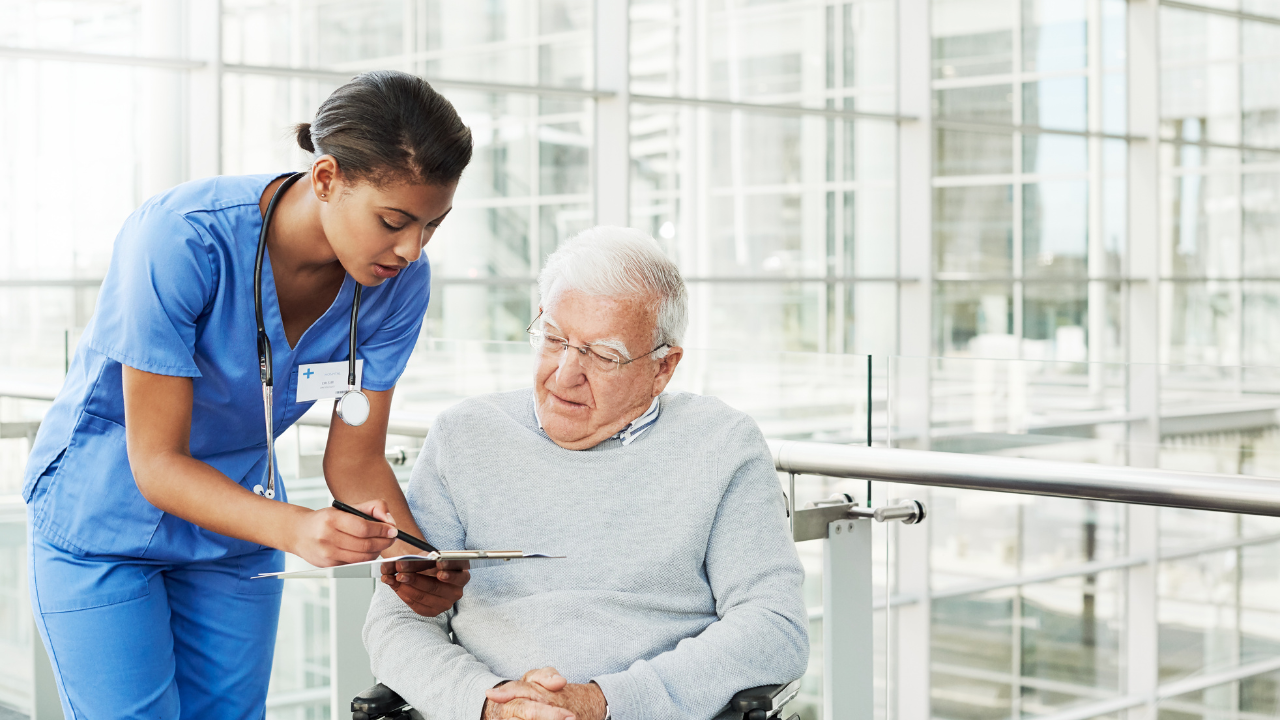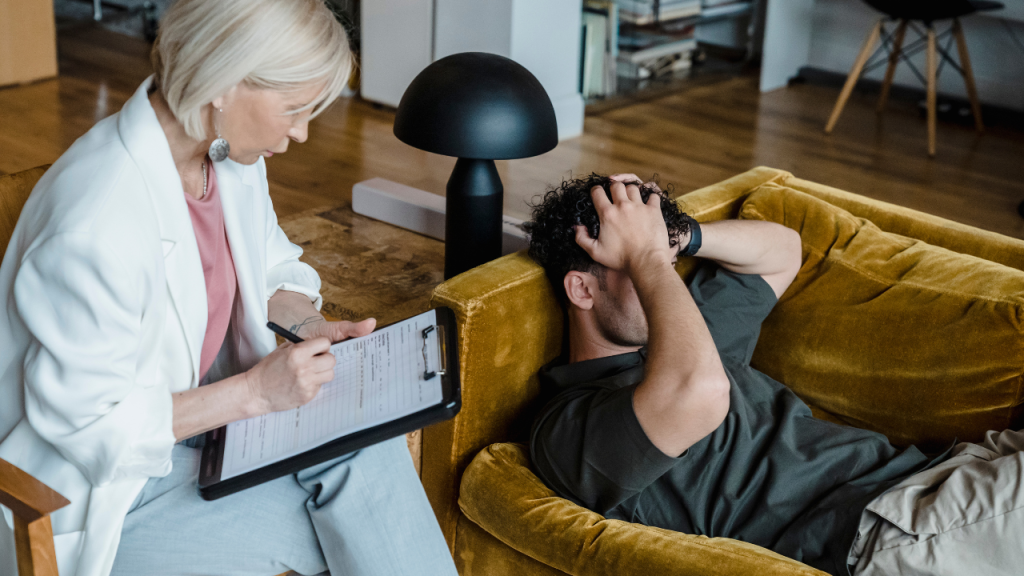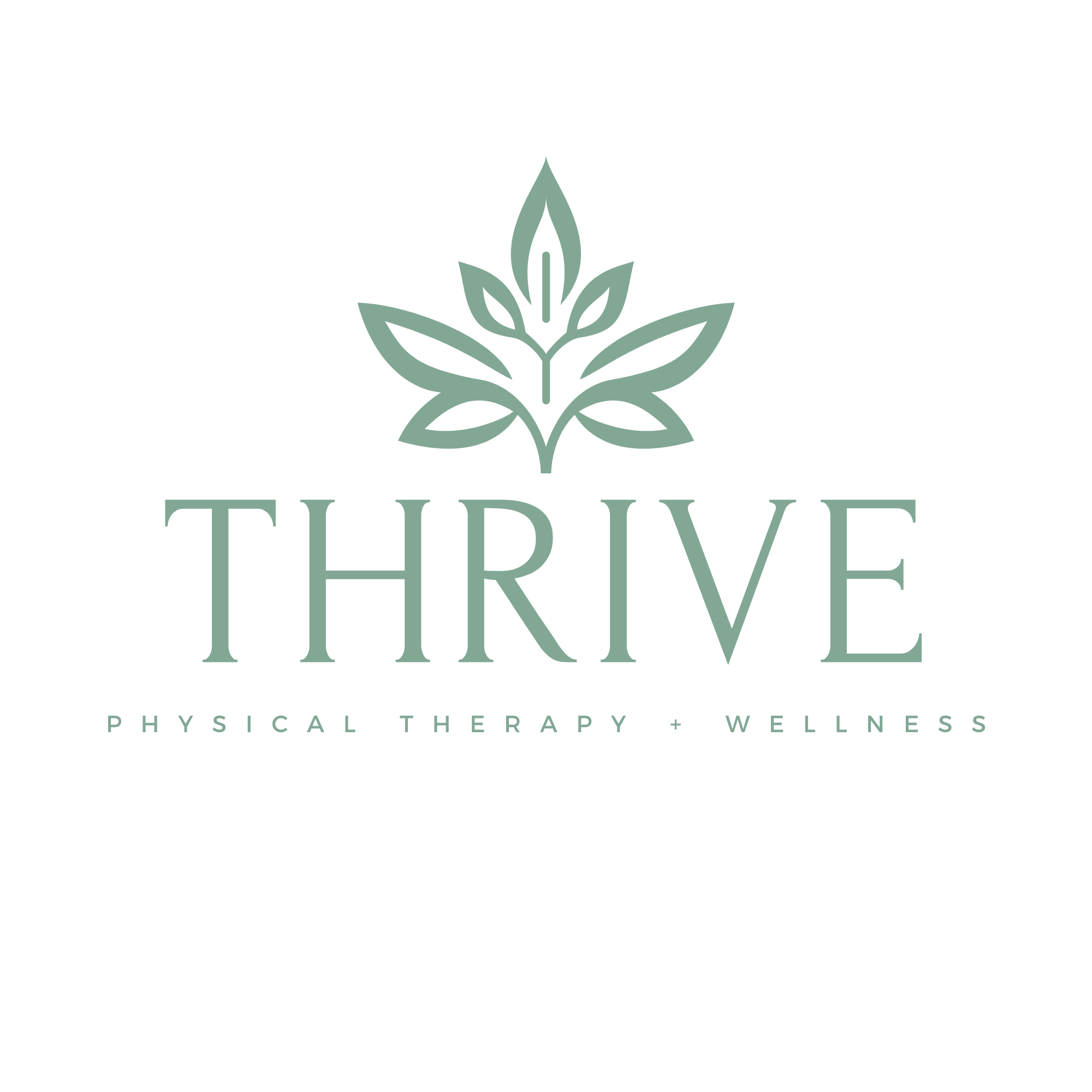
Falling can be a jarring experience—one moment you’re steady on your feet, the next, you’re on the ground wondering what just happened. Most people think that once the bruises heal and the aches fade, life goes back to normal. But sometimes, that fall leaves behind more than just physical pain or visible injuries. It can cause subtle, persistent issues that affect your balance, dizziness, and overall sense of stability. These symptoms might be signs that your vestibular system—the complex network in your inner ear and brain responsible for balance—is damaged or out of sync. If you’re experiencing these after a fall, vestibular disorder therapy could be exactly what you need.
Understanding the Vestibular System and Why It Matters
The vestibular system is often overlooked until something goes wrong. Nestled deep within your inner ear, it’s responsible for detecting motion, maintaining balance, and helping your eyes focus while your head moves. When you fall, the inner ear can suffer trauma, leading to vestibular dysfunction. This dysfunction doesn’t just cause you to feel dizzy; it can disrupt your coordination, make everyday activities difficult, and even increase your risk of falling again. If you notice lingering problems after a fall, it’s essential to recognize that your symptoms may be rooted in vestibular issues, not just in the obvious injuries.
Persistent Dizziness and Vertigo That Won’t Quit
One of the most classic and unsettling symptoms of vestibular dysfunction is dizziness or vertigo. If you find yourself feeling like the room is spinning or swaying, especially when you change positions, it could be a sign that your vestibular system is compromised. After a fall, occasional dizziness is common, but if it lasts beyond a few days or worsens with movement, it’s a clear red flag. These sensations often interfere with your ability to focus, work, or simply enjoy life, and they can be a warning that therapy is needed to recalibrate your system.
Balance Issues That Affect Your Daily Life
Balance isn’t just about standing still; it’s about being able to walk, bend, turn your head, or navigate uneven terrain without fear of falling. If you notice that your footing feels unsteady or you have to hold onto walls and furniture more often, it’s a sign something isn’t right. After a fall, some people become hesitant to move, fearing another tumble, but ongoing balance problems are often rooted in vestibular dysfunction. This instability might make you avoid social activities or outings, affecting your quality of life and even your mental health. Recognizing this symptom early can lead to effective intervention through vestibular therapy.
Nausea and Fatigue: The Hidden Consequences
It’s not just dizziness and imbalance. Vestibular problems can also trigger nausea, headaches, and a profound sense of fatigue. If after your fall, you find yourself feeling queasy during routine activities or mentally exhausted from simply trying to maintain your balance, your vestibular system may be struggling to cope. This kind of fatigue is unlike regular tiredness—it’s draining and persistent, often leading people to underestimate how serious their condition is. Addressing these symptoms with therapy can restore your energy and reduce discomfort.
Difficulty Concentrating and Visual Disturbances
Have you noticed trouble focusing or that your vision feels off? Blurred vision or difficulty tracking moving objects can stem from vestibular issues after a fall. Because the vestibular system works closely with your eyes to stabilize your gaze, any disruption can cause visual disturbances. This can make reading, driving, or even watching TV frustrating or dangerous. If these symptoms emerge or worsen post-fall, they’re signs that therapy could help restore normal function and reduce the strain on your brain.
Feelings of Anxiety and Emotional Strain
It’s easy to overlook the emotional toll that vestibular disorders can take. Constant dizziness, fear of falling, and reduced mobility often lead to anxiety, frustration, and even depression. After a fall, your body and mind are already under stress, and lingering vestibular symptoms can amplify these feelings. This emotional impact is real and deserves attention. Vestibular disorder therapy doesn’t just help your physical symptoms; it also supports your mental well-being by helping you regain confidence and independence.

Why Vestibular Disorder Therapy Makes a Difference
If you’re nodding along to these signs, wondering what you can do, vestibular disorder therapy offers hope. Unlike medications that might mask symptoms, this therapy works by retraining your brain and vestibular system to communicate properly again. Through personalized exercises and guided movements, therapists help your body adapt to changes caused by the fall. This process, known as vestibular rehabilitation, improves balance, reduces dizziness, and restores your ability to engage in daily activities without fear or discomfort.
What to Expect During Therapy
Embarking on vestibular therapy might feel unfamiliar, but it’s a collaborative and empowering process. Your therapist will begin with a thorough evaluation to identify how your vestibular system was affected by the fall. They will then design a tailored plan that might include eye and head movement exercises, balance training, and posture stabilization. The therapy is gradual and progressive, allowing you to build tolerance and strength over time. Many patients notice improvement in weeks, but the journey varies depending on the severity of the dysfunction and your overall health.
Taking Control of Your Recovery Journey
Acknowledging the need for therapy after a fall is a powerful step toward reclaiming your life. Vestibular disorder therapy isn’t just about symptom relief—it’s about helping you regain control and confidence. The road to recovery may have its ups and downs, but with consistent effort and expert guidance, you can reduce your risk of future falls and enhance your overall well-being. If you’ve experienced any combination of dizziness, balance problems, nausea, visual disturbances, or emotional strain following a fall, don’t ignore these signals. Your body is telling you it needs specialized care.
Suggested Reading: Vestibular Therapy vs. Medication: Which Treatment Is More Effective?
A Fresh Perspective on Healing with Thrive Physical Therapy
At Thrive Physical Therapy, the approach to vestibular disorder therapy is as compassionate as it is comprehensive. They understand the unique challenges patients face after a fall and offer a personalized experience that puts your comfort and progress first. Their skilled therapists combine the latest clinical techniques with attentive care, ensuring your therapy is effective and aligned with your lifestyle. More than just treatment, Thrive empowers patients with knowledge and tools to manage their symptoms and prevent future setbacks.
If you’re feeling unsettled or off-balance after a fall, know that you don’t have to navigate this alone. Vestibular disorder therapy is a proven path to restore stability, reduce discomfort, and reclaim your independence. Visit https://thriveptclinic.com/ to learn how Thrive Physical Therapy can support your recovery journey and help you step confidently back into life.

